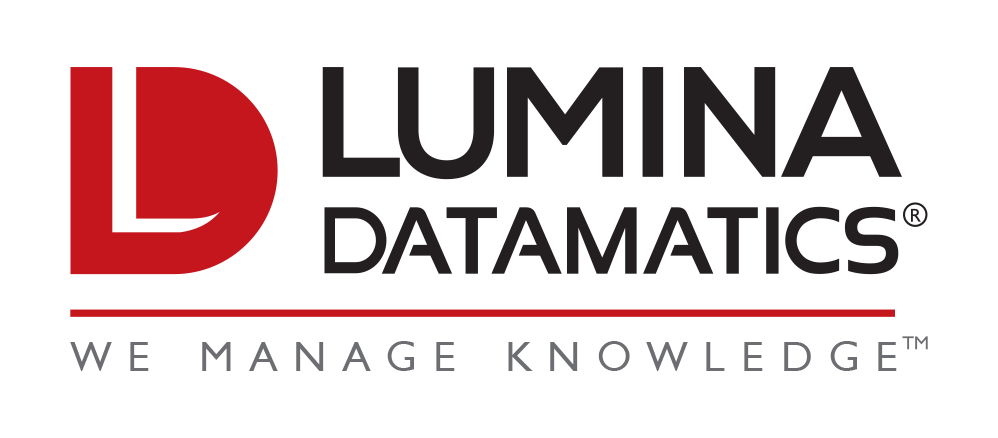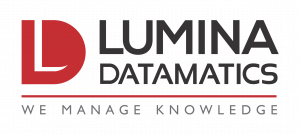Education modalities are changing and evolving, with the reach of digital facilities increasing throughout the world. Therefore, it is becoming essential for institutions and publishers to adapt their content into something accessible, discoverable, and reusable. This forms the basis of content transformation today.
You’ll find vast amounts of content either contained in paper-format, stored on outdated technology, or lacking user-friendliness. The digital content transformation aims to solve these problems, by taking different types of content and converting it into digital formats relevant to users today.
And as students change the way they engage with content, educational institutions and publications are learning that they must keep up with the help of content transformation services. It might get tricky to monitor all the changes, but here are some trends that you might want to be aware of:
- Automation – A fundamental aspect of the digital era is some kind of automation. Within content conversion solutions, you can find automation tools that significantly reduce lead time and increase the efficiency of processes. For example, scanning tools can digitize your content much faster than manual entry. Software can also map out the intended structure, while ensuring that there is no duplicated content. These automation tools are a vital cog in any document digitization services and are constantly improving.
- Accessibility – A large number of students live with some form of disability and often find themselves excluded from the typical learning process. Although institutions try their best, the content can be inadequate and have an impact on the employability of these students. Including accessibility features in your digital content is becoming increasingly important, especially with regulations coming up in different countries. Text-to-speech, closed captions, alt-text text, and adequate metadata just some points one must keep in mind when undertaking digital content transformation.
- Personalized Learning – A significant shift in education is occurring across the world, with individualized learning slowly replacing traditional methods. Hyper-personalization accounts for different student requirements and aims to create better learning outcomes across the board. Adaptable educational solutions, which are based on data and real time analysis, can potentially lead to higher engagement. This increases the complexity of content transformation and might require the services of artificial intelligence and machine learning.
- Gamification – No longer relegated to a tech-oriented audience, gaming has become a part of popular culture,with all age groups and genders taking part. This has created an opportunity for discovery-led learning through the gamification of your course content. Transforming your content into a gaming structure leverages different forms of media to create an interactive model. It is said to be social engaging, gives learning control to students, and helps with analytical skill development. It would also require restructuring your entire content flow.
- Quality Control – Consistency and integration of your content is not the only criteria for quality these days. Choosing the right platforms and formats is necessary for content conversion, but so is checking for diversity and sensitivity. It is essential to keep an eye on the type of terminology and language used in your content, which should account for different cultures. High quality content services can deploy tools that scan your entire content and raise red flags for human intervention. These tools can also help you stay compliant with rules and regulations.
Digital learning and digital consumption have created a need for better content quality, with transformation being an important aspect of this change. Interested in learning more about content transformation? Click here to learn more.





0 Comments